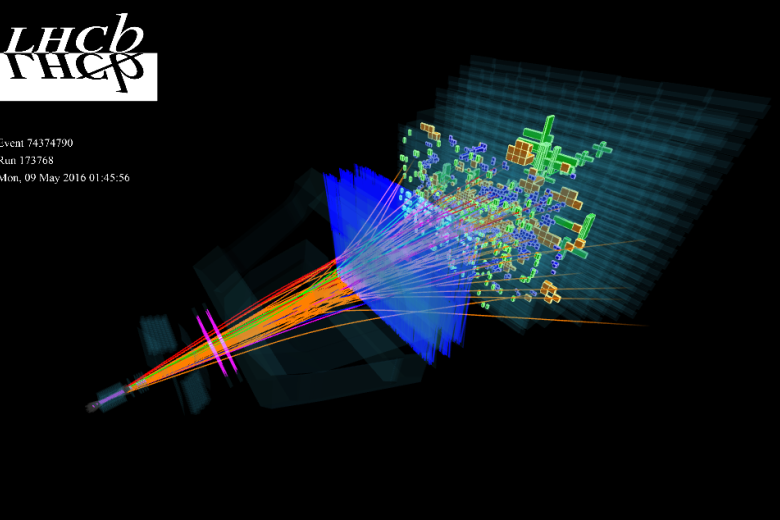Lauren Wagner receives NIAS fellowship
Lauren Wagner has received a NIAS (Netherlands Institute for Advanced Study) fellowship to work on a project titled ‘Intra-active Methodologies: exploring entangled ethnography’. NIAS has made it its mission to provide a physical and intellectual space for advanced research in the humanities and social sciences that is driven by curiosity and cross-discipline collaboration. Lauren will spend February-June 2025 in Amsterdam at NIAS among a group of international fellows who are working independently in a wide variety of disciplines, problems, and research perspectives.
About the project
New materialism has become popular in many fields as a way to explore the role of non-human and more-than-human actors. It offers a fresh perspective on how different entities interact and influence social and environmental issues. This approach is changing how we think about global challenges, like climate change, by providing a more interconnected view of the actors and relationships involved.
This project aims to examine the methodological changes that come with this way of thinking. Focusing on ethnography as a key method suited to new materialism, Lauren Wagner asks: what does it mean to conduct ethnography within this new framework? Are diverse approaches to ethnography adapting to this paradigm, or do we need to rethink some fundamental aspects? In a world where everything is interconnected, can we develop new methods for collaborative research?
Also read
-
A theoretical analysis of consent and coercion in contract law
PhD thesis by Florian Gamper

-
Maastricht University contributes to FASTTRACK: extremely fast particle detection at CERN.
Maastricht University is participating in the FASTTRACK project, which has been awarded a €21.7 million NWO Roadmap grant. FASTTRACK will enable extremely fast detection of particle collisions in the Large Hadron Collider.

-
17 million for Dutch mega cohort: working together to build healthier ageing
MUMC+ is main applicant in the Dutch Cohort Consortium: a unique research infrastructure with data from almost half a million Dutch citizens.